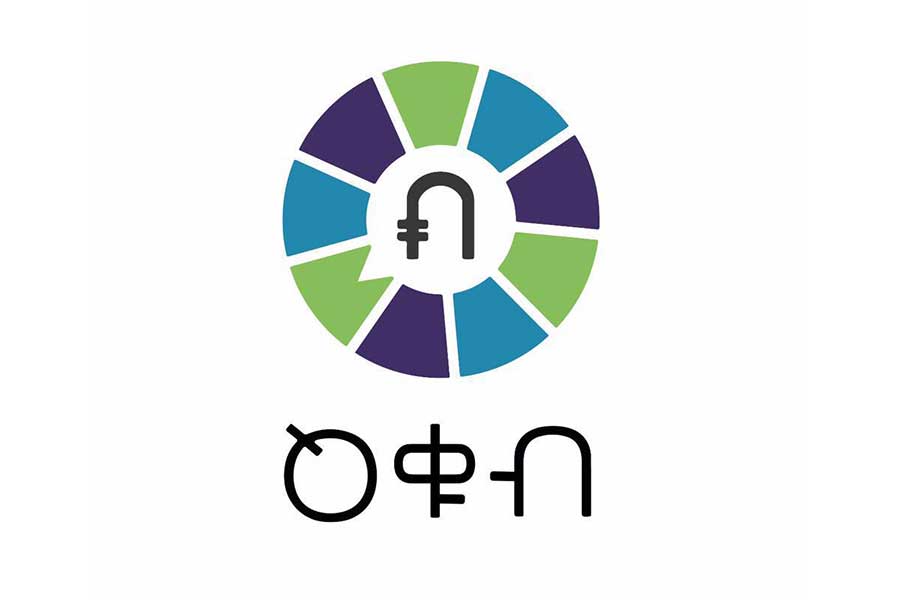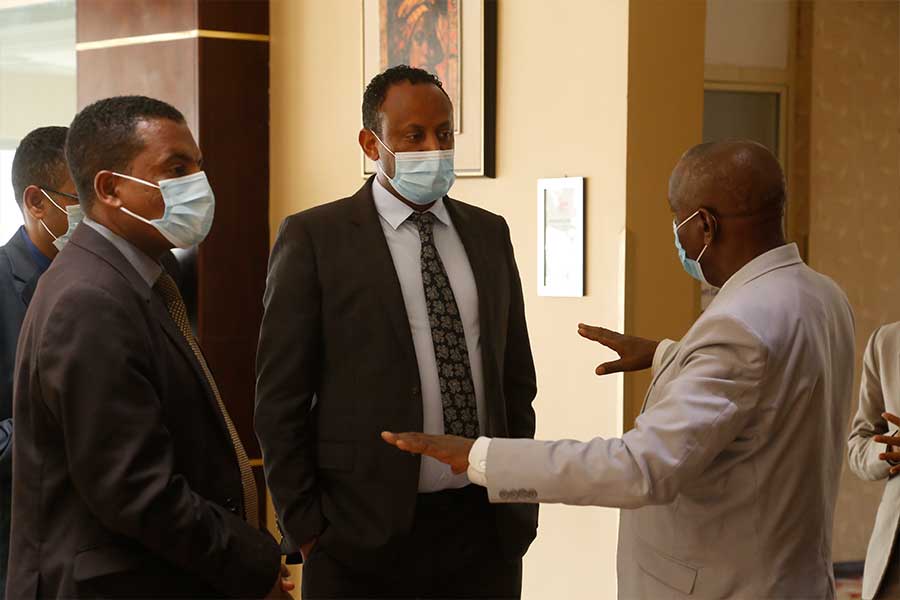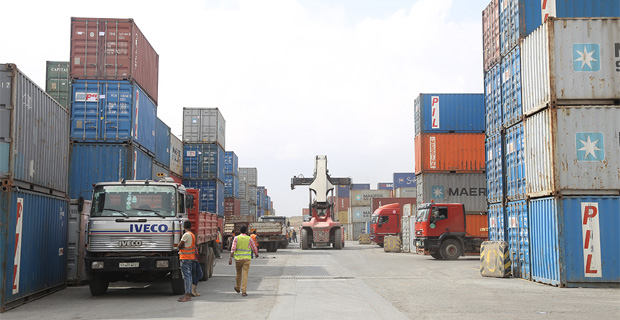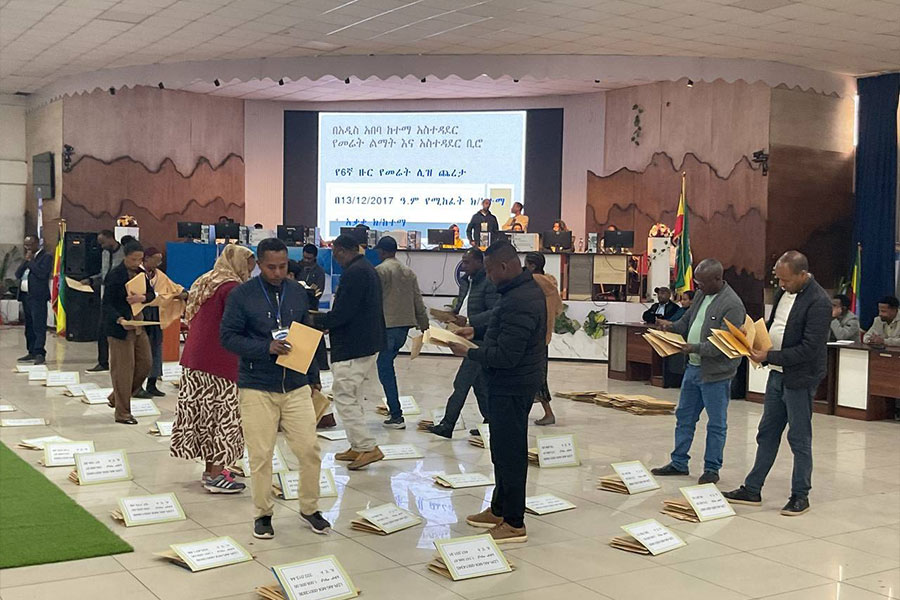
Radar |
Jul 3 , 2021
By Christian Tesfaye
A few things characterise government services. They are inefficient and liable to errors, non-standardised, prone to corruption and often burdened by poor organisation. The popular conception of a lower government office that deals with the public daily is one of drabness, creaking floors and dusty walls. The most feared room is the documents’ room, where an unfortunate government employee has to sift through poorly-kept and disorganised papers.
Things seem to be changing, and mainly as a result of a drive to digitise government services. Some services have seen what is nothing less than a revolution. Take getting a driver’s license renewed.
Once one gets the required medical certificate, they have to visit their local district headquarters. Inside, there is usually a queue, but not people standing in lines as we are used to them. There is enough space to sit everyone on every other chair. Drivers are required to take a number, which also comes with a piece of paper to write their details on as they wait.
When ones number comes up on the display board, drivers go to an assigned booth to deal with a government employee. The fee is paid right there, and the driver’s license is printed on the spot. That is it – the whole process. In older days, and many places right now as well, the driver would have to wait for at least a month and make do with a temporary license in the meanwhile.
The process to get a passport renewed is even more advanced. Some months ago, when I did this, I only had to apply online and pay the fee at a Commercial Bank of Ethiopia (CBE) near me using the special number I was given on the website. I was then scheduled a date to go and pick up the passport at the post office, which I did.
Such improvements to government systems are mainly a result of the digitisation of services. It has made processes easier. Keeping data in servers means that it takes a second to fetch the details of anyone. Digital signatures allow far easier verification than getting every document and paper signed, stamped and copied at every office the bureaucratic managers can think of. The driver’s license I have just gotten renewed has a QR barcode to identify the license owner even if the details on the front are faded.
Ethiopia has several challenges in the economic sphere, including a bureaucracy that displays “neo-patrimonial" modes of governance as opposed to a system based on merit and employees that “make decisions based on codified rules, in an impartial manner.” There has been much in the way of literature to demonstrate the crucial role played by efficient bureaucratic systems in the economic development of states, which has been highlighted in countries such as South Korea and China.
“Highly selective meritocratic recruitment and long-term career rewards create commitment and a sense of corporate coherence,” wrote Peter Evans in Embedded Autonomy: States and Industrial Transformation. “Corporate coherence gives these apparatuses a certain kind of “autonomy.’”
This is known as a Weberian bureaucracy – one that is organised separately from society to implement the overriding policies of the government. Current economic literature sees the bureaucracy in a slightly different light, and I might add that its role in the economy is closely intertwined with its ability to adapt to new technological systems. This is also what the government services digitisation is attempting to do. There are still ways to go, but the fruits are already visible for people that happen to be renewing their driver’s licenses and passports.
PUBLISHED ON
Jul 03,2021 [ VOL
22 , NO
1105]


Radar |

Fortune News | Feb 13,2021

Fortune News | Sep 19,2020

Fortune News | Dec 12,2020

Fortune News | May 16,2020

Radar | Aug 16,2020

Fortune News | Feb 29,2020

Sunday with Eden | Sep 27,2020

Fortune News | Jan 23,2021

Viewpoints | Feb 16,2019

Photo Gallery | 154137 Views | May 06,2019

Photo Gallery | 144389 Views | Apr 26,2019

My Opinion | 134922 Views | Aug 14,2021

Photo Gallery | 132668 Views | Oct 06,2021

Dec 22 , 2024 . By TIZITA SHEWAFERAW
Charged with transforming colossal state-owned enterprises into modern and competitiv...

Aug 18 , 2024 . By AKSAH ITALO
Although predictable Yonas Zerihun's job in the ride-hailing service is not immune to...

Jul 28 , 2024 . By TIZITA SHEWAFERAW
Unhabitual, perhaps too many, Samuel Gebreyohannes, 38, used to occasionally enjoy a couple of beers at breakfast. However, he recently swit...

Jul 13 , 2024 . By AKSAH ITALO
Investors who rely on tractors, trucks, and field vehicles for commuting, transporting commodities, and f...

Sep 6 , 2025
The dawn of a new year is more than a simple turning of the calendar. It is a moment...

Aug 30 , 2025
For Germans, Otto von Bismarck is first remembered as the architect of a unified nati...

Aug 23 , 2025
Banks have a new obsession. After decades chasing deposits and, more recently, digita...

Aug 16 , 2025
A decade ago, a case in the United States (US) jolted Wall Street. An ambulance opera...

Sep 7 , 2025 . By NAHOM AYELE
Addis Abeba's sixth public land lease auctions after a five-year pause delivered mixe...

Sep 7 , 2025 . By BEZAWIT HULUAGER
Brook Taye (PhD), the chief executive of the Ethiopian Investment Holdings (EIH), is...

Sep 7 , 2025 . By BEZAWIT HULUAGER
For decades, Shemiz Tera in the Addis Ketema District of Atena tera has been a thrivi...

Sep 7 , 2025 . By NAHOM AYELE
A dream of affordable homeownership has dissolved into a courtroom showdown for hundr...